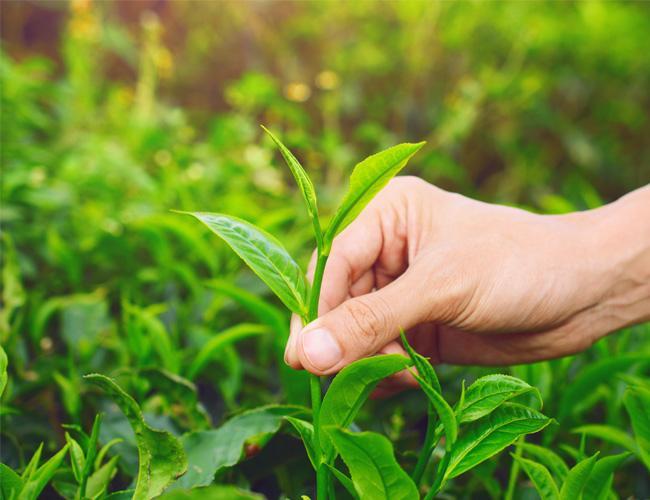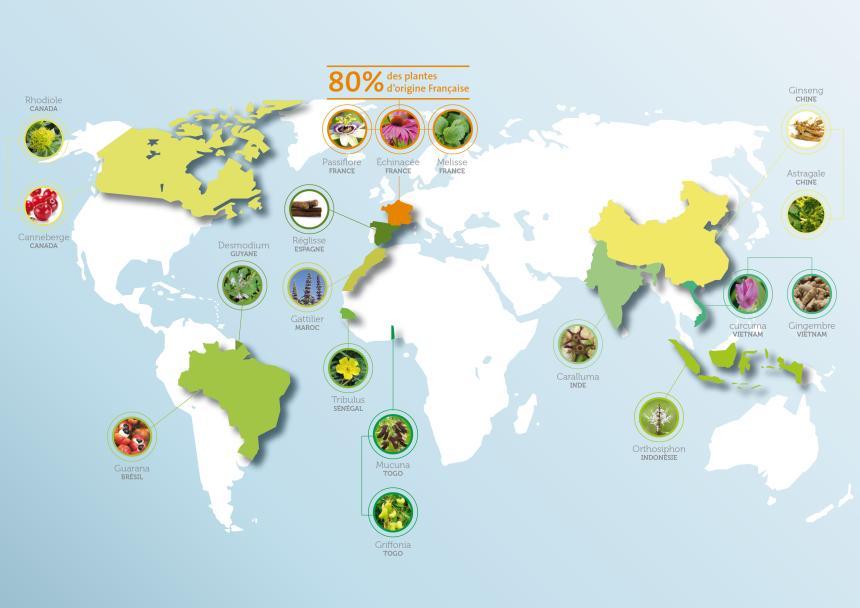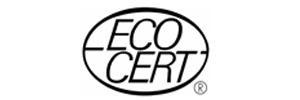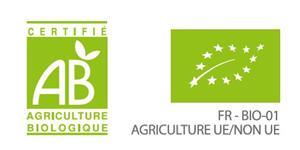Sourcing, an essential preliminary which identifies the right species
The process begins with literature searches to select one or more plants whose traditional use for a specific health problem is recognised.
For a given plant, the next step is to identify and find the most "active” species: this is known as “sourcing”. This can be time-consuming since in some cases there are several hundred different species of just one plant, with the composition of each one subject to variation. The aim is to find the plant which offers the optimal “phytochemical profile” of active and useful compounds. The action or properties of the plant depend on this set of compounds.
The identification of the various species of a plant is thus a vital step and requires dedication, attention to detail and hard work, as PiLeJe’s sourcing experts will testify! Having identified the most active selected species, these experts produce annotated botanical vouchers to describe all the features of the plant to simplify future identification tasks.
Once a plant has been registered in the French or European Pharmacopoeia, it is the species described in the Pharmacopoeia and which meets the pharmaceutical requirements which is selected.
Climatic conditions also have an impact on the plant’s ingredients. A plant which grows in its ideal environment will naturally be richer in the compounds on which its action relies. For this reason, PiLeJe conducts research to determine the country and regions within that country best suited to the selected species, which is often where the plant is a native.

Control and management of growing conditions
The plants used are preferentially sourced from French farms. If the plants selected for inclusion in a given formulation do not grow optimally in France, PiLeJe sources them from the country or countries in which they grow best. We also consider how out choices can best support the economic development of local populations. Consequently, guarana is sourced from Brazil, Java tea from Indonesia and turmeric and ginger from Vietnam.

Moreover, PiLeJe develops partnerships with all its local producers. These partnerships improve growing and harvesting practices and also develop the economic activity of the local population while respecting the growers’ traditions and the environment. Consequently, every plant is grown ecologically and ethically.
Whenever it is unable to grow its own plants, PiLeJe prefers to source its plants from organic farms which have been certified by ECOCERT, and puts in place harvesting management plans so as to comply with the life cycle of the plant and operate sustainably.

Almost all the plants used by Pileje are grown on certified organic farms. If this is not the case, they are produced using sustainable farming practices. Radically different practices sometimes have to be introduced by growers to meet these requirements.
Similarly, our use of fresh plants rather than dried plants requires very demanding harvesting and storage conditions to ensure that the plant preserves all its therapeutic potential.

Each partnership with a grower is thus unique and may require, depending on the individual circumstances, changes to or optimisation of the growing conditions, the yield, the techniques used and even the timing of the harvesting.
To make this work, Pileje commits in advance to purchasing the entire harvest, for a period of several years, and at a price which reflects the actual cost of producing the plant.
PiLeJe quality requirements
All fresh plant suppliers are regularly audited by PiLeJe and each batch of plants is systematically checked.
For plants from organically certified farms, in addition to the checks made by the certifying body, PiLeJe regularly test the plants for pesticides and heavy metals.


